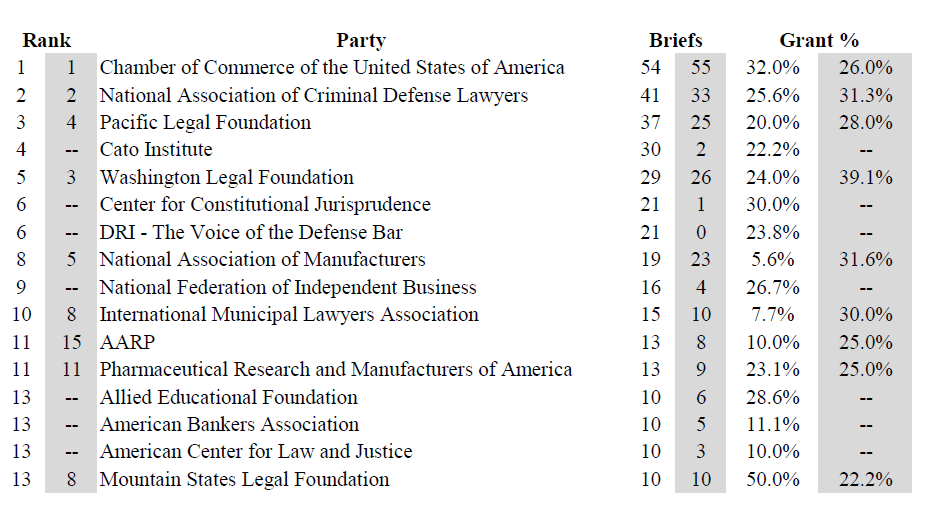The federal judiciary for the first time is cutting the fees of court appointed defense lawyers, including those representing death penalty defendants, to deal with the "dire consequences'' of required government budget reductions known as sequestration.
The reductions, outlined in a notice to U.S. District Judge Catherine Blake, chairwoman of the Federal Judicial Conference Committee on Defender Services, are part of an unprecedented criminal justice cost-cutting effort that also will scale back operations of federal probation services at a time when authorities are planning to rely more heavily on programs like probation to help reduce the rising federal prison population.
The cuts in attorneys' fees will be implemented next month with payments dropping from $125 per hour to $110 in non-death penalty cases and from $179 per hour to $164 in cases where capital punishment is being sought.
The reductions are aimed at saving $50 million during the next 13 months to avoid further cuts into the full-time staff of the federal defenders service. The defender program consists of both full-time public defenders, who have been targeted for furloughs and layoffs, and private court-appointed lawyers who assist in the representation of the indigent.
In addition to the fee cuts, millions of dollars in fees to the outside court-appointed counsels, scheduled for payment in fiscal year 2014 (beginning in October), would be deferred into fiscal year 2015.
In the letter to Blake made public Monday, William Traxler Jr., chairman of the Judicial Conference's Executive Committee, warned that the fee cuts "may impact the delivery of justice, but are necessary to avoid permanent damage to the federal defender program.''
The sequester hasn't affected the U.S. Attorney's office in the same way as it has not had to fire employees or have furlough days.
It also hasn't impacted BOP. In fact, the government is asking for 15 years in prison (a life sentence) for 78-year old Hafiz Khan. Via Curt Anderson:
An elderly Muslim cleric convicted of sending tens of thousands of dollars to finance the Pakistani Taliban terror organization should spend at least 15 years in prison, federal prosecutors recommended Wednesday.
Hafiz Khan, 78, could get as much as 60 years behind bars when he is sentenced Friday because each of the four terrorism supported-related convictions carry maximum 15-year sentences. Assistant U.S. Attorney John Shipley said in court papers that combining all four potential sentences into one would be sufficient punishment.
Sentencing is scheduled before U.S. District Judge Robert Scola.
Shipley said hundreds of FBI recordings of Khan on the telephone and speaking in person with an informant show he supported the Taliban's attacks on Pakistani and U.S. targets and knew his money was going to promote violence. Some calls showed Khan praising attacks such as a deadly 2009 bombing at a CIA base in Khost, Afghanistan, and the failed 2010 attempt to detonate a bomb in New York's Times Square.
"We are not contending that Khan's misconduct tops the scale of terrorism offenses," Shipley said. "But his sending money to militants in Pakistan helped the Taliban put Pakistani and American lives in jeopardy and fostered violence, not peace."
Khan's attorney, Khurrum Wahid, filed separate papers Wednesday asking for a more lenient but unspecified sentence, pointing to Khan's advanced age and medical problems. He also cited Khan's testimony in his own defense that he intended the roughly $50,000 he sent over a three-year period to be used for family, friends and charity in his Pakistan homeland. Before his 2011 arrest the imam at a Miami mosque, Khan also founded a religious school, or madrassa, in Pakistan's Swat Valley.


